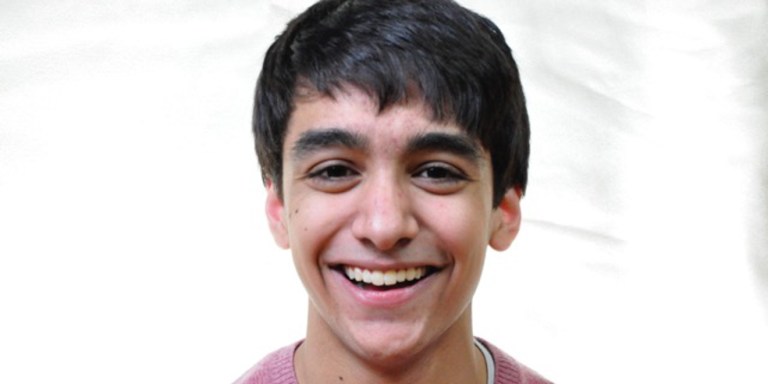Remember that incredible national championship game last Monday? The game where Georgia dominated its storied, historically successful SEC rival for one half of football before a backup, left-handed, Hawaiian quarterback came in for his first game and led Alabama to what should have been a regulation victory were it not for a missed field goal, only to then lead them to an overtime win with an incredible walk-off touchdown? Remember that? Yeah, I totally missed all of that, because the game started at 1 a.m.
This quarter, I’m studying abroad in the Bing Overseas Program at Oxford University. As a self-proclaimed sports fanatic, I’m taking it as an opportunity to learn more about another culture’s conception and celebration of various sports but also lamenting the essential loss of American sports due to the ridiculous time difference. It’s eight hours from PST to GMT and five hours from EST, pushing kickoffs and tip offs later and later into the night. Forget about watching Daejon Davis’ incredible buzzer beater vs. USC in person; I didn’t even get to see it until the next day on Twitter when I woke up.
As someone who’s obsessed with staying up to date on all of the latest information about the world of sports in which I used to reside, it’s kind of depressing to keep refreshing news feeds during the day and seeing nothing new pop up as the United States continue to sleep. Then in the mornings, it’s a nonstop deluge of information right at the beginning of the day as I learn everything I missed during the night.
That’s not to say that I’ve been cut off entirely from the comforts of home. The early games of the NFL Divisional Round this past weekend felt like Saturday and Sunday night football games, and I was able to watch my favorite team, the Jacksonville Jaguars (yes, you read that right) take down the Pittsburgh Steelers at a reasonable hour of the day. Wearing my Jaguars gear in the streets, I’ve actually had a few people comment with praise for the team, as the Jags’ annual game in London makes them a bridge between the NFL and the UK and a recognizable brand. And luckily I sacrificed my sleep schedule on Sunday night to stay up and watch the Saints/Vikings because I would have been furious if I had missed that ending.
I can definitely see how it would be difficult for a transplanted American living in the UK to remain in contact with their hometown sports teams, but that isn’t to say that there isn’t a sports culture across the pond as well. I have never in my entire life been a fan of soccer (or “football” as I’ve been told to call it now), but seeing how enthusiastic people over here are about it, I might find myself sucked into following a team by the end of the term. The Liverpool upset over Manchester City on Sunday was a massive story in the news and amongst the Oxford students I’ve gotten to know. I’m going to attempt to go to at least one professional soccer match during my time here, even if only to compare it to other professional sporting events I’ve been to.
Even if I don’t make it to a pro game, college sports are fairly competitive at Oxford — at least far more than I was expecting them to be. Oxford as a University is split into 38 different colleges, each of which operates individually and independently as a residential and academic college, which is a system a bit different from the US. Each college has their own sports teams, which compete against the other colleges in leagues somewhat similar to IM sports. I belong to Corpus Christi college, and throughout the term we’ll compete against Magdalen college’s crew team, Brasenose college’s rugby team, etc.
On top of that, there are the Oxford Blues, which are the Oxford equivalent of varsity sports for the university as a whole. These are made up of the top athletes from every college, and they compete against other universities top teams within the UK.
The variety of sports played here is intriguing as well and not altogether that much different from what you would find at Stanford. They’ve got basketball, volleyball, soccer, cross country, field hockey, ultimate frisbee, lacrosse, tennis, squash and crew, in addition to some unconventional, quintessentially British sports, like rugby, fencing, cricket, croquet, netball, polo, rugby fives (which is like squash, but you use your hands — it’s awesome) and rifle.
Oxford has been highly inclusive in inviting all of the visiting Stanford students to play any and all sports they have an interest in, even at a Blues level. One member of our cohort joined Oxford’s American football team already, the Oxford Lancers, and many others plan on attending crew practices, learning how to play cricket and taking on other colleges in friendly competition. I personally will be investigating as many of these sporting events and clubs as I possibly can and learning everything there is to know about the wide British world of sports. You can look forward to reading my insights in this column every week. Until then, enjoy not using the metric system and watching Stanford basketball thrive! I’m totally not jealous.
Contact Bobby Pragada at bpragada ‘at’ stanford.edu.
